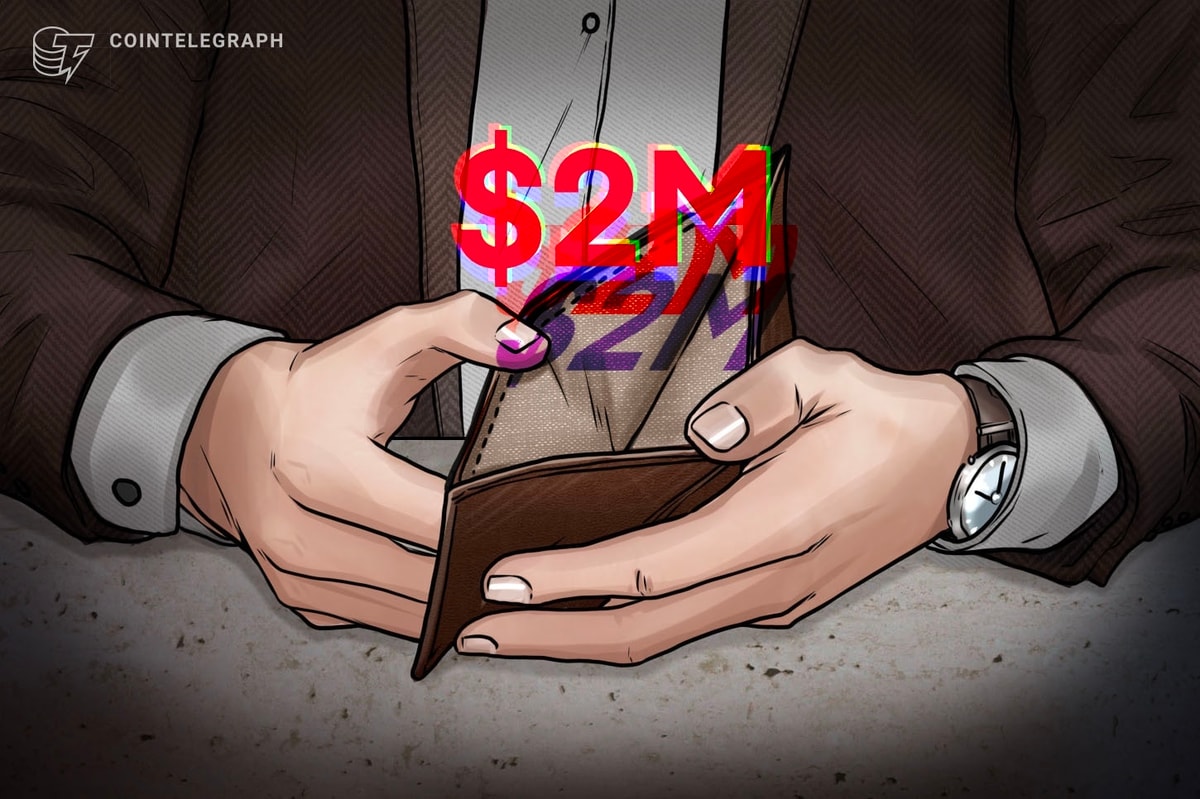Terraform Labs says its decision to file for bankruptcy will aid it in pursuing an appeal of the lawsuit it faces from the United States Securities and Exchange Commission.
In a Jan. 30 filing to a Delaware Bankruptcy Court, Terraform Labs CEO Chris Amani wrote that its Chapter 11 bankruptcy was critical to successfully appealing its case with the SEC. The firm — which created the now-defunct stablecoin TerraClassicUSD (USTC) — filed for bankruptcy on Jan. 21.
An appeal against the SEC would typically require Terraform Labs to front up a “supersedeas bond” of 110% of the total judgment before it could proceed. However, Chapter 11 bankruptcy protections could allow the firm to lodge an appeal without needing to post the bond.
“A successful appeal would eliminate the single largest claim against the Debtor, thereby benefiting the Debtor, its creditors, and the community more broadly.”

In the filing, Amani wrote that the firm’s upcoming appeal will argue the SEC doesn’t have the requisite authority to charge the firm or its co-founder Do Kwon.
He argued Terraform Labs’ crypto assets cannot be called securities and claimed the case falls outside the SEC’s jurisdiction.
Additionally, Amani claimed Terraform Labs’ treasury holds approximately $28 million in Bitcoin (BTC), $7 million of “various” other cryptocurrencies and roughly $87 million in Luna (LUNA) tokens.
Related: Coinbase argues stocks, Terraform Labs and Howey in 5-hour SEC face-off
The SEC filed civil charges against Terraform Labs and Kwon in February 2023, accusing both of orchestrating a “multibillion-dollar crypto asset securities fraud” involving the token formerly known as UST and LUNA.
The latest filing comes nearly two weeks after the SEC agreed to postpone Kwon’s upcoming fraud trial to March 25 after receiving a request from his legal team to delay the proceedings.
Kwon’s Terra Money ecosystem collapsed in May 2022. Shortly after the firm imploded, his whereabouts remained unknown until he was arrested in Montenegro in March 2023 after attempting to flee the country with falsified travel documents.
The U.S. and Kwon’s home country of South Korea are seeking his extradition, with Kwon potentially subjected to several sentences in both countries.
If Kwon is extradited to South Korea, he could face a 40-year jail sentence where he is alleged to have committed the majority of his crimes.
Big Questions: How can Bitcoin payments stage a comeback?











